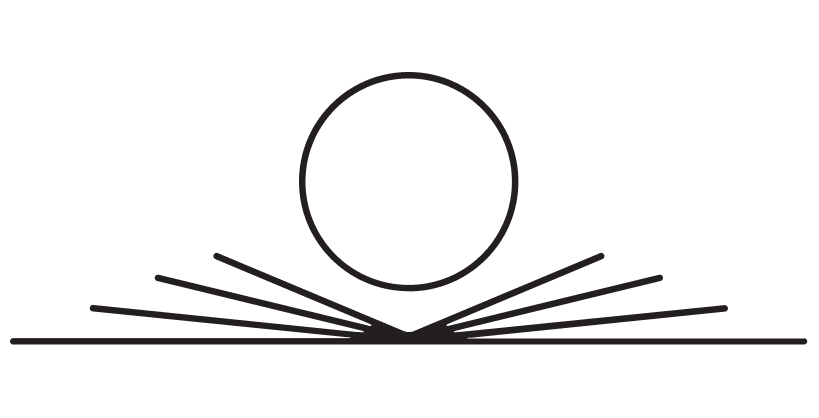The Predicament of Learning the Enneagram through Language
Mar 20, 2023
If you go to almost any Enneagram site, you’ll see references to each type’s core fear and desire. Usually these are succinct phrases, such as “the fear of being defective” for Type 1, or “the fear of being unloveable,” for Type 2.
People new to the Enneagram often use these phrases to help them discover their type, and here we run into one of the main difficulties of the Enneagram — the predicament of living in language.
Imagine the following: A successful businessman wants to learn his Enneagram type. He goes to an Enneagram website and reads: “the basic fear of Type 9 is of being disconnected from his world.” He’s reasonably reflective, and he says to himself, "Of course everyone fears being disconnected from their world to some degree, but I enjoy disconnecting from others once in a while and taking time alone. I actually find it restorative. So I’m probably not a 9.”
What’s wrong with this picture?
Just this: the man interprets the word “disconnection” in his own way, without knowing whether his interpretation matches the author's.
The use of a word — any word — is an act of interpretation, influenced by a backlog of experiences that shape the user’s relationship to that word. That’s why the same word can mean different things to different people. (e.g. “I love you.” Well, what do you mean?)
So the man interprets “disconnection” in his way (what other way is available to him?), and he dismisses the possibility that he is a 9. Unfortunately, he is a 9, and he now has psychological energy invested in not seeing that he is.
So: how to close the gap?
The problem is that words are our only tools of interpretation, yet are themselves subject to interpretation. Our project is to use words create a shared interpretation between the man and the writer.
But before we get there, we need to understand another difficulty.
The man is a good man, but having directed most of his life energy towards building his business and his family and not towards exploring his inner world, he has not developed fine tools of introspection. Yet he is subject to the self-deception that he is “self-aware.” He believes, like we all do, that he can see himself accurately, and he assumes that if he is presented with 9 options for how his unconscious works, he’ll be able to see the one that best fits. It is his own unconscious, after all. (And if he can’t, maybe the Enneagram itself isn’t very good.)
Do you see the problem?
The definition of “unconscious” is not conscious. While it is possible to make the unconscious conscious, it cannot be done quickly or simply through multiple choice questions. One must go through a process of self-discovery. If you’ve only ever seen the sky, you don't know what’s underground, even if I give you 9 options. You need to dig.
Complicating matters is the fact that the inner world is accessible only through interpretation. People often get confused here, saying, “Well, if it’s all subjective, then anyone’s interpretation is as good as anyone else's.” But this is wrong.
Jack says, "The movie Wall-E is about a boy robot who falls in love with a girl robot." Jill says, "Yes of course it is. But it’s really about humanity’s choice between consumerism and stewardship of Earth." Both opinions are subjective, but Jill’s include’s Jack’s, yet transcends it, and not the other way around. If Jack doesn't get Jill’s opinion, it doesn’t mean that she’s wrong — it means that Jill’s interpretive capacity is more developed than Jack’s.
A student may notice that he “likes to withdraw and read philosophy books” and conclude that he is a 5, because according to a website type description, 5s are “cerebral.” But he is making a Jack-level statement. After some digging, he may develop the capacity to make the Jill-level statement that he reads philosophy not to avoid the terror of being lost in madness and confusion, but because he finds it soothing to be shown how all things are interconnected. Meaning, he might be a 9.
Here’s the point:
The capacity to interpret oneself exists on a developmental spectrum. We interpret words from the level of our interpretive capacity. The pickle of learning the Enneagram — including discovering your type — is that it requires both refining your capacity to see yourself and updating your understanding of words like “disconnect” to congrue with the Enneagram's intended meaning. These two processes happen in tandem and comprise the journey we all must undertake to see ourselves and the Enneagram from the far side of complexity, which is where we are inviting you to go.
(Can you see now why written personality tests can never be 100% accurate? The test-taker will always interpret questions from their perspective, which will be different from the test-maker’s.)
On our website, we have chosen to include brief descriptions of each type. We invite you to read them in light of the above.
Subscribe to our email list
Your email is safe with us.


